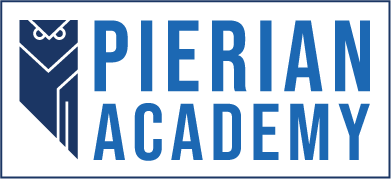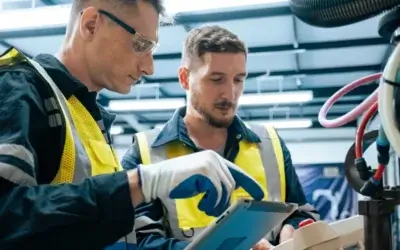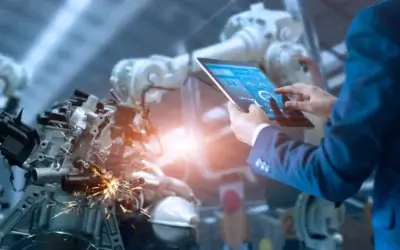Effective customer support directly improves customer satisfaction. Companies achieve this through clear, structured training programs for their support teams. These programs build skills teams need to resolve customer issues quickly and correctly.
Pierian Academy provides specialized training to help businesses enhance their support services. The academy offers targeted courses designed to equip teams with essential techniques and knowledge. Businesses can significantly improve customer interactions and overall satisfaction by investing in structured training.
Why Supportability Training Matters
Customer satisfaction grows when support teams quickly identify and fix product issues. Training programs provide employees with the skills and knowledge to manage repairs and maintenance effectively. When support teams work efficiently, customers experience fewer delays and better overall service. Additionally, well-trained teams prevent minor issues from becoming significant problems, reducing overall customer dissatisfaction.
Key Training Programs to Improve Customer Support
Pierian Academy provides comprehensive courses to improve supportability capabilities across various domains.
These courses include:
- Maintenance Task Analysis (MTA)
Maintenance Task Analysis (MTA) identifies essential tasks for maintaining equipment reliability. Proper MTA ensures support teams complete tasks effectively, minimizing equipment downtime. - Level of Repair Analysis (LORA)
Level of Repair Analysis determines the most cost-effective location for repairs. Teams trained in LORA make informed decisions about whether repairs occur on-site or at specialized facilities. Effective LORA software training allows teams to utilize analysis tools accurately. These skills improve accuracy and reduce the time spent resolving customer issues. - Product Support Analysis (PSA)
Product Support Analysis focuses on strategies to maintain product performance. Teams trained in PSA understand how to plan support activities and resource allocation. This training ensures products operate reliably, increasing customer satisfaction. - Reliability-Centered Maintenance (RCM)
Reliability-Centered Maintenance helps support teams identify maintenance priorities clearly. Effective RCM training ensures fewer breakdowns and better customer outcomes.
Benefits of Structured Supportability Training
Structured supportability training programs deliver significant advantages to both customers and businesses:
- Enhanced Customer Experience: Trained teams rapidly identify and resolve issues, reducing downtime and customer frustration. Prompt, effective responses build customer trust and satisfaction, increasing loyalty and positive word-of-mouth.
- Reduced Operational Costs: Clearly defined repair and maintenance practices minimize waste and unnecessary expenditures. Teams trained to use resources wisely ensure cost-effective operations, benefiting overall business profitability.
- Increased Product Reliability: Effective training programs ensure products receive consistent, timely maintenance. This results in fewer equipment failures and longer service life, directly contributing to customer confidence in product quality.
- Improved Communication and Clarity: Structured training emphasizes clear and effective communication. Support teams learn to explain technical issues and solutions clearly, ensuring customers fully understand procedures and outcomes.
- Employee Confidence and Morale: Employees with comprehensive training gain confidence in their abilities, leading to higher morale and motivation. Confident teams are more productive and engaged, improving customer interactions and overall satisfaction.
- Competitive Advantage: Businesses investing in structured supportability training gain a competitive edge. Highly skilled support teams offer superior customer experiences, differentiating businesses from competitors who provide less effective support.
- Proactive Problem Solving: Structured training enables support teams to proactively identify potential issues before escalating. Preventive maintenance and early issue detection significantly reduce service disruptions, boosting customer satisfaction.
Implementing Effective Training
Businesses should identify their training goals. Courses combine theory and practical exercises, ensuring teams apply new skills effectively in real situations. Regular training updates help maintain high skill levels among team members. Companies should also regularly assess training effectiveness through feedback and adjust programs to ensure continuous improvement.
Real-World Results
Companies investing in Pierian Academy’s supportability training report significant customer satisfaction and operational efficiency improvements. Trained support teams resolve problems more rapidly, leading to fewer customer complaints and increased repeat business. Businesses also note reduced service costs due to better resource management and fewer repeat repairs.
Ready to Elevate Your Team’s Support Capabilities?
Explore Pierian Academy’s MTA training programs, LORA training, PSA training, and RCM courses. Give your team the tools to deliver better service, improve reliability, and reduce costs. View the schedule and enroll today.




